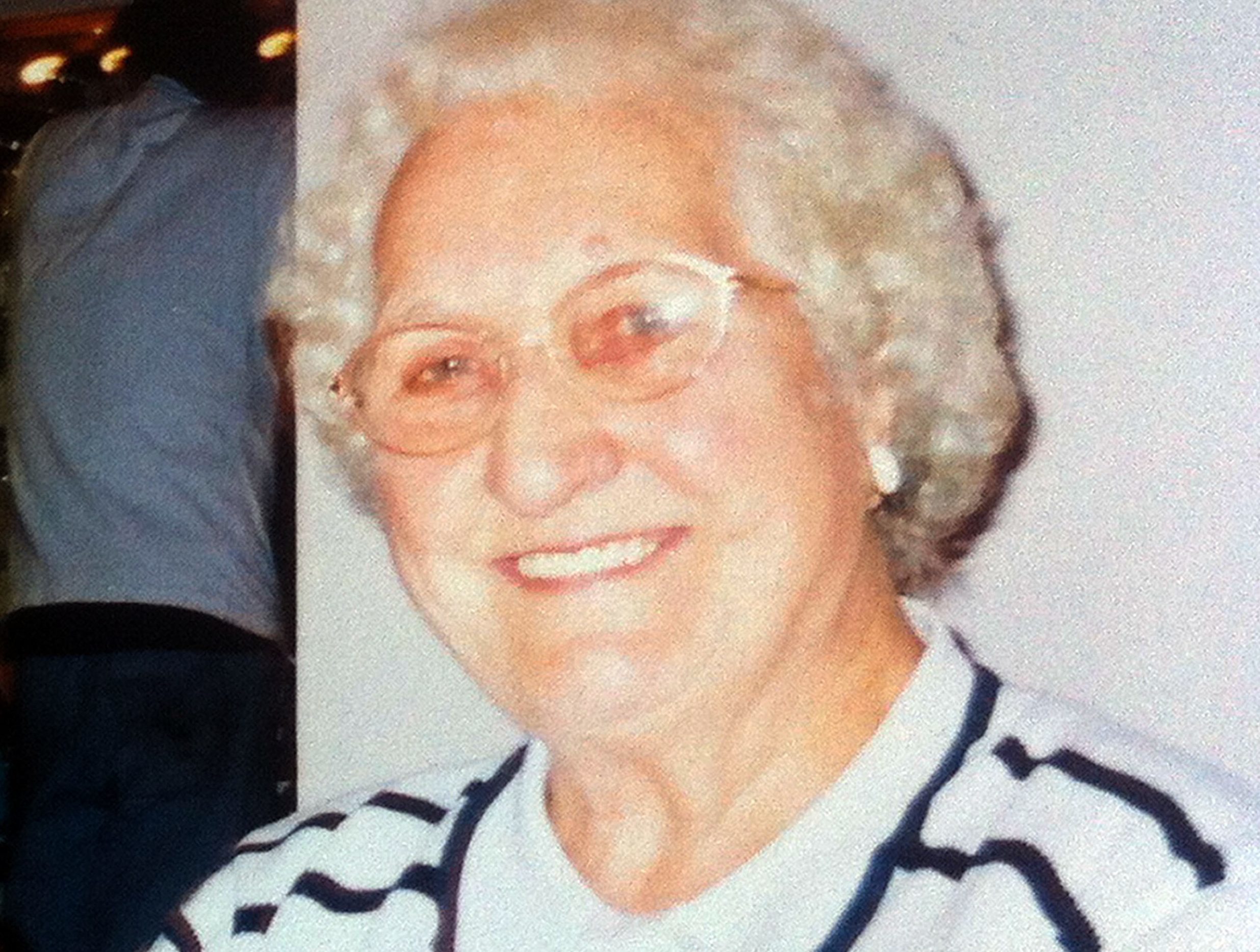
We all like to do our bit for charity, but the aggressive way in which some people try to get us to part with our money has become increasingly worrying.
There was the tragic case of 92-year-old Olive Cooke who killed herself last year after complaining she had been plagued with requests for donations from charity fundraisers.
And countless people have felt uncomfortable and upset after cold callers pull out all the stops to get them to donate money.
Some charities, including Save The Children, have banned fundraising by phone after terrible stories emerged of people with dementia being encouraged to hand over large sums of money from their bank accounts, and who were clearly being taken advantage of.
Lord Grade, former chairman of the BBC, has been given the job of cracking down on unscrupulous fundraising methods.
He has his own way of dealing with the cold callers who knock on the door demanding donations.
He firmly tells them where to go – a robust approach that works for him, but that many people, especially the vulnerable and elderly would simply not be able to carry off.
Lord Grade also said that when he receives unsolicited texts from charities, he replies that he is a top lawyer and will sue them if they don’t leave him alone, which he says works a treat.
Research has shown that our faith in charities is at an all time low, which is a great shame as the overwhelming majority of them are doing a wonderful job and really help to make a difference for people who are most in need.
Times are tough and with the uncertainly of Brexit they will probably get even tougher and charities do suffer when money is tight and cuts are being made.
I don’t think, however, that aggressive sales techniques whether it is cold calling on the phone or door-stepping, is the way ahead.
I also don’t believe that “chugging” is a great idea either.
I am sure you have seen people on your high street wearing T-shirts emblazoned with a charity logo, trying to get passers by to sign up to give donations from their bank accounts.
I do feel sorry for them, because it is a tough job, but I know I am not the only one who feels uncomfortable about crossing over the road to avoid them.
It’s not that I don’t want to contribute, but I already have existing standing orders to charities that I want to help.
Obviously I also try to give something back to charities by helping to raise funds and awareness whenever I can in a proper way.
It’s important for all of is, if we can afford it, to help those who are in need, whether it is because of war, a natural disaster, or people battling physical and mental illness.
In this country we are overwhelmingly generous.
Just look at the money raised for Children In Need and the life-changing STV Appeal.
Often it is those who can afford it least who give the most, but putting generous-hearted people under enormous pressure to donate more than they can possibly afford is simply not on.
READ MORE
Charity urges banks to support ‘digitally excluded’ older people
Mental health charity warns that financial issues push many to have suicidal thoughts

Enjoy the convenience of having The Sunday Post delivered as a digital ePaper straight to your smartphone, tablet or computer.
Subscribe for only £5.49 a month and enjoy all the benefits of the printed paper as a digital replica.
Subscribe